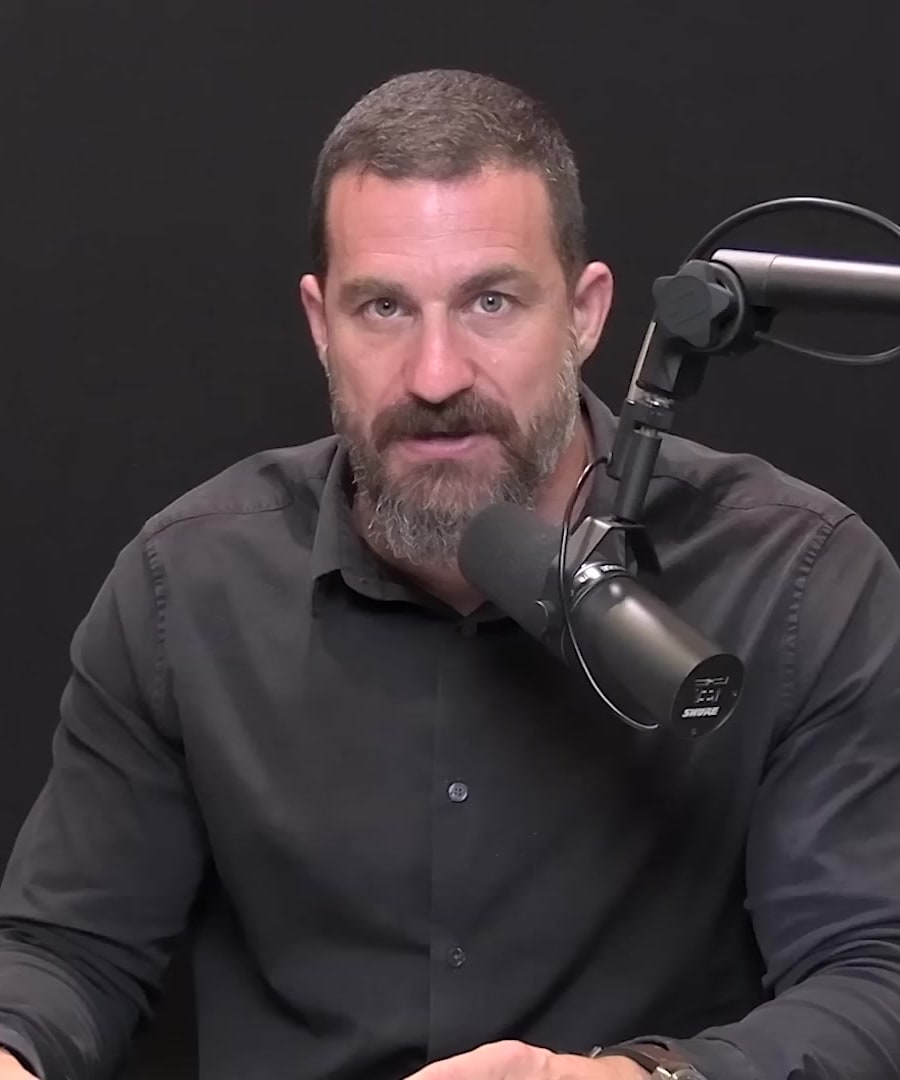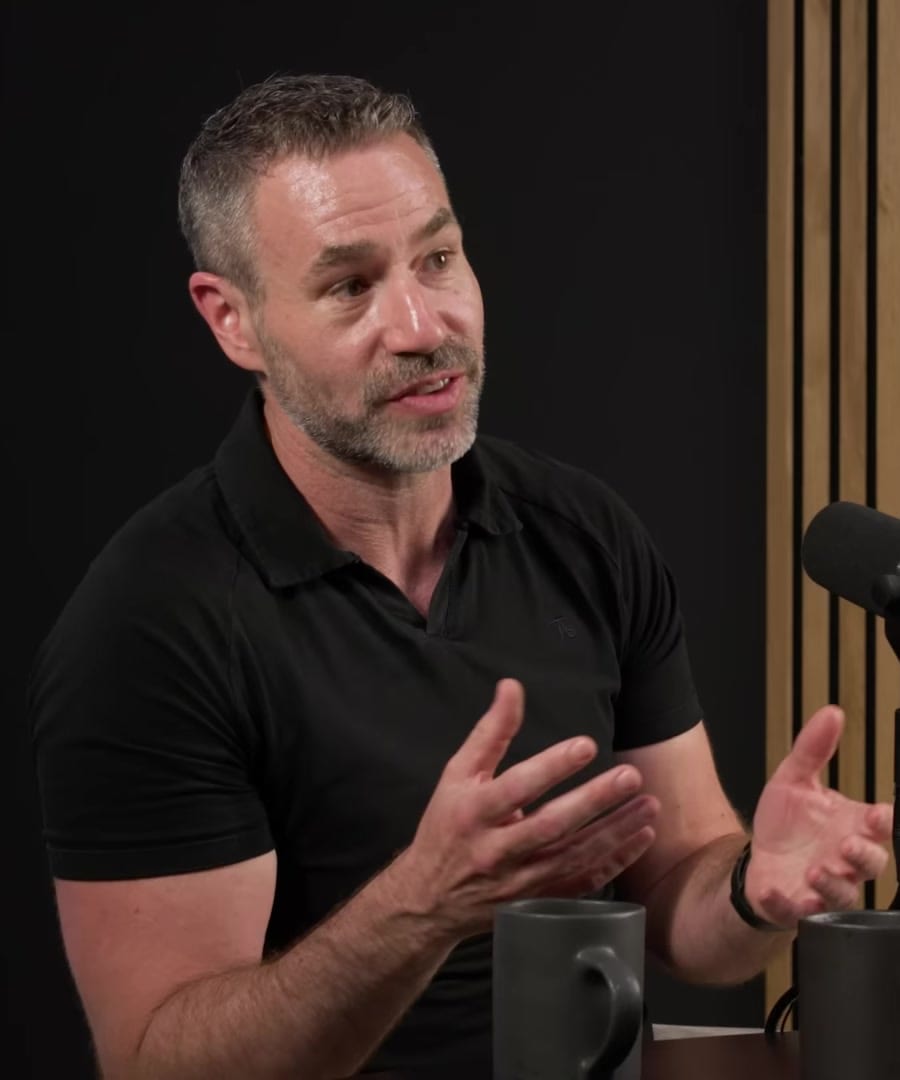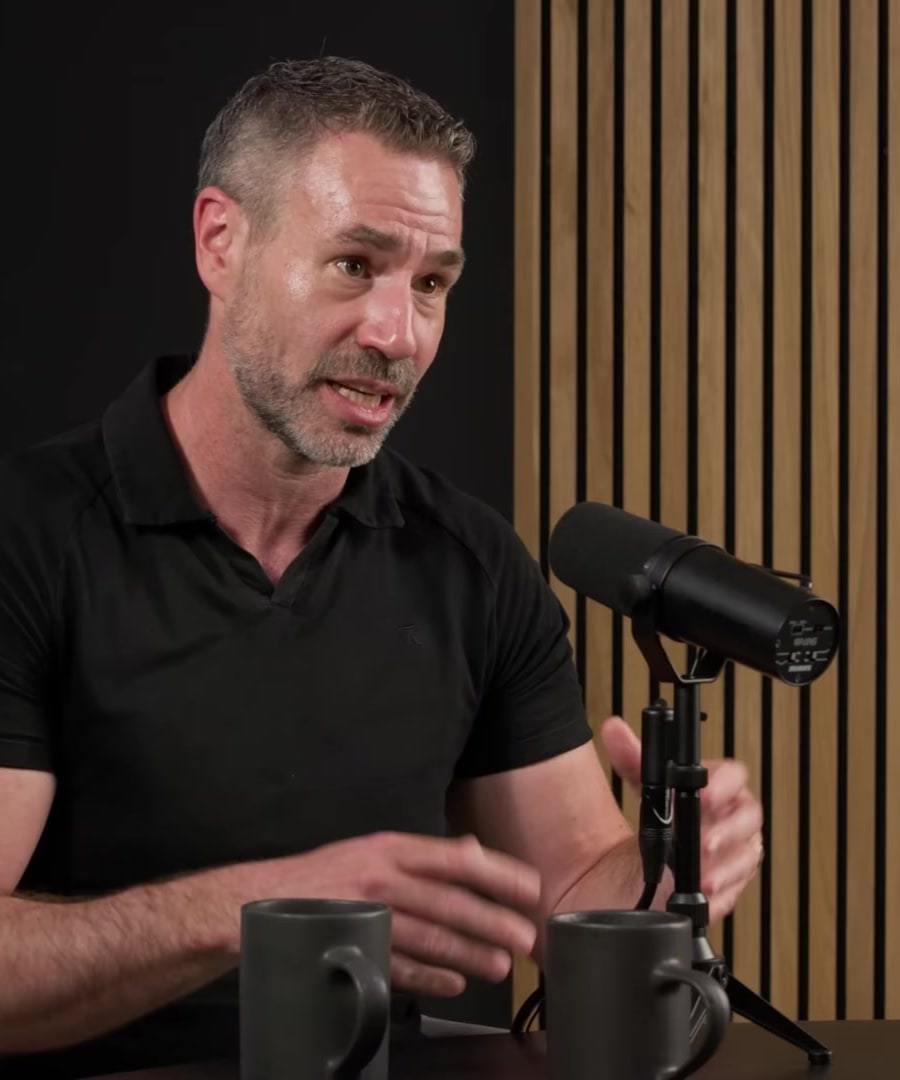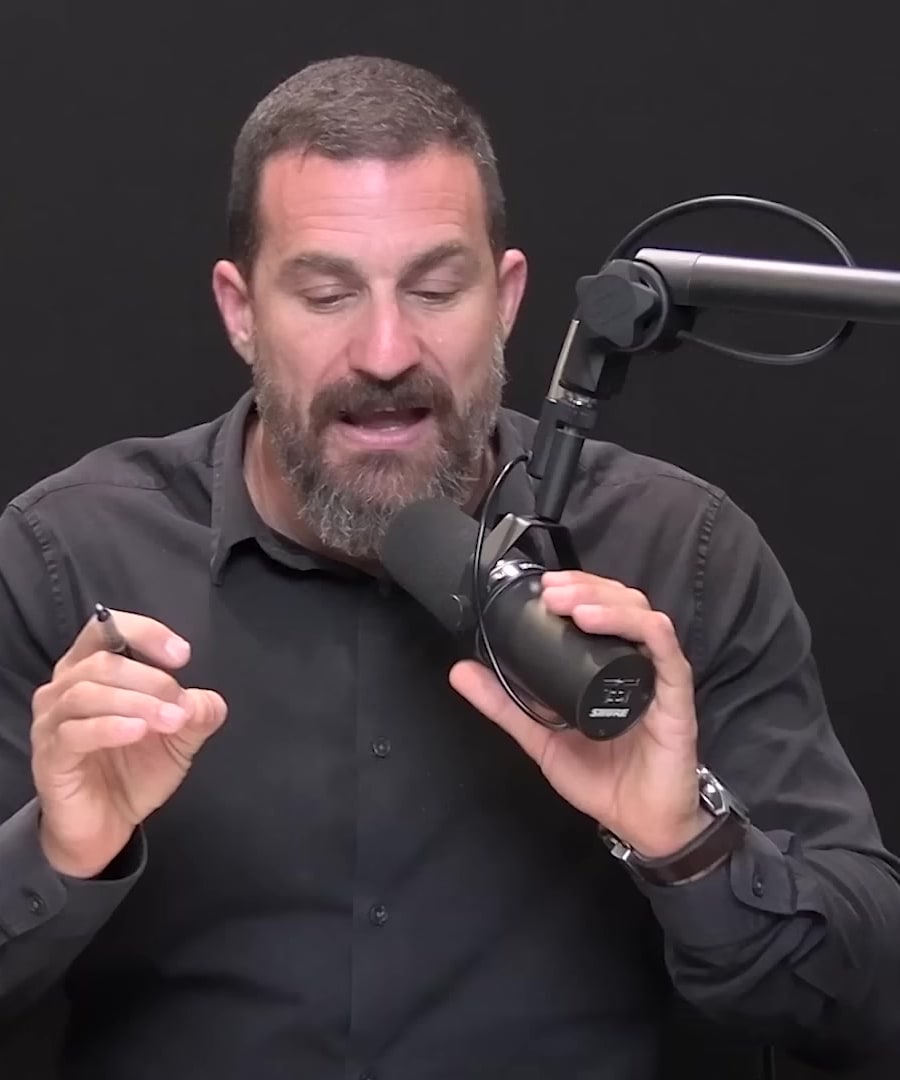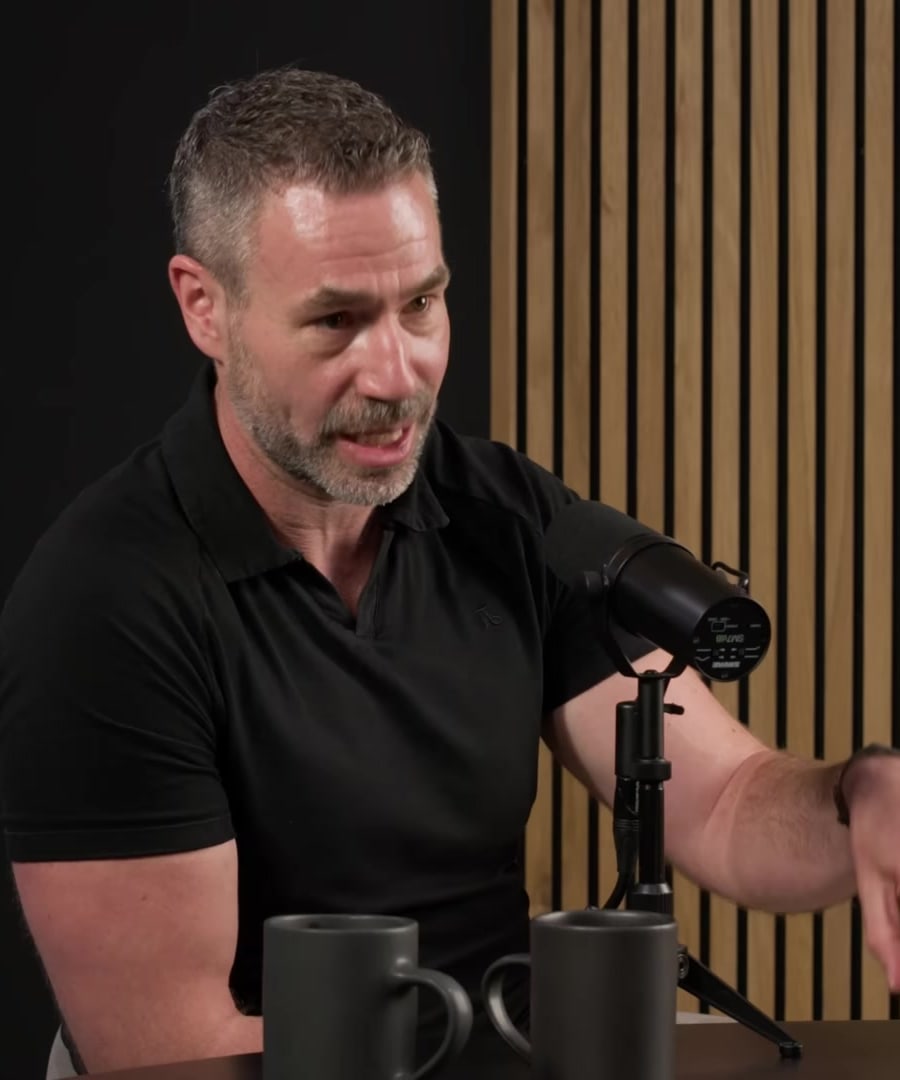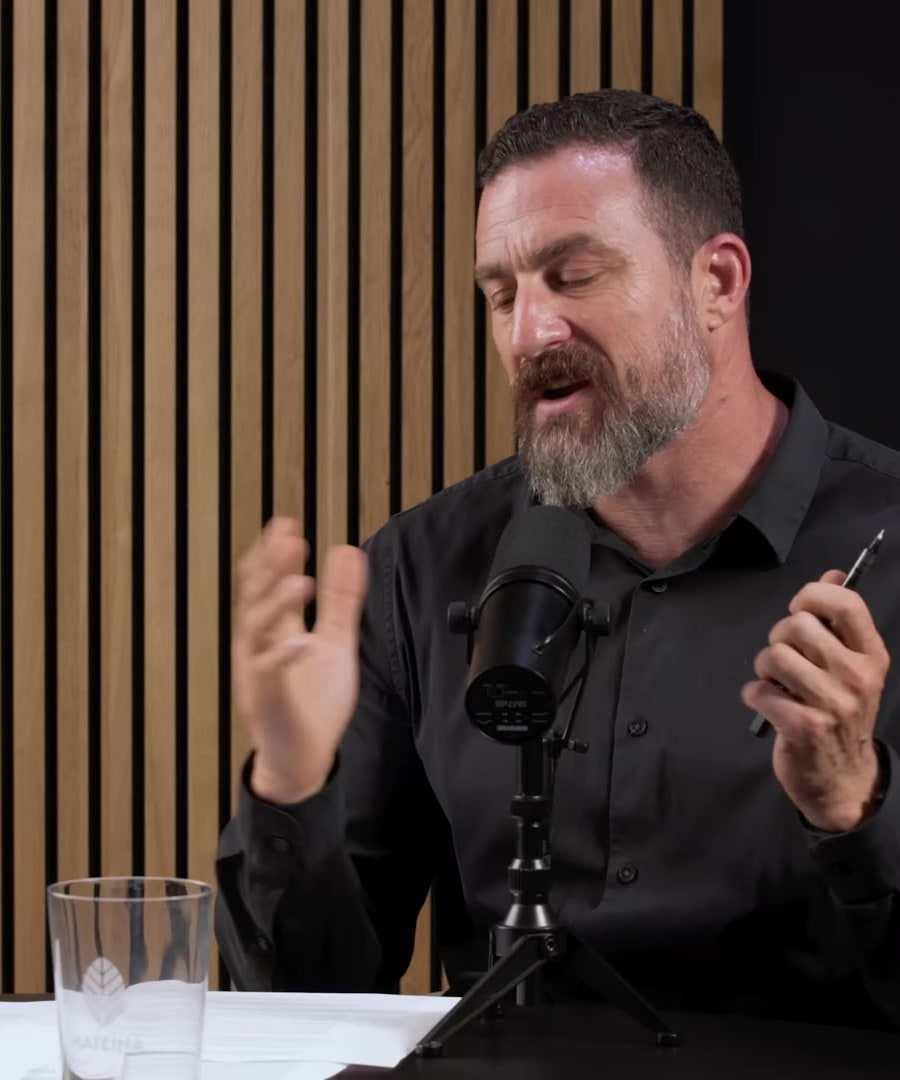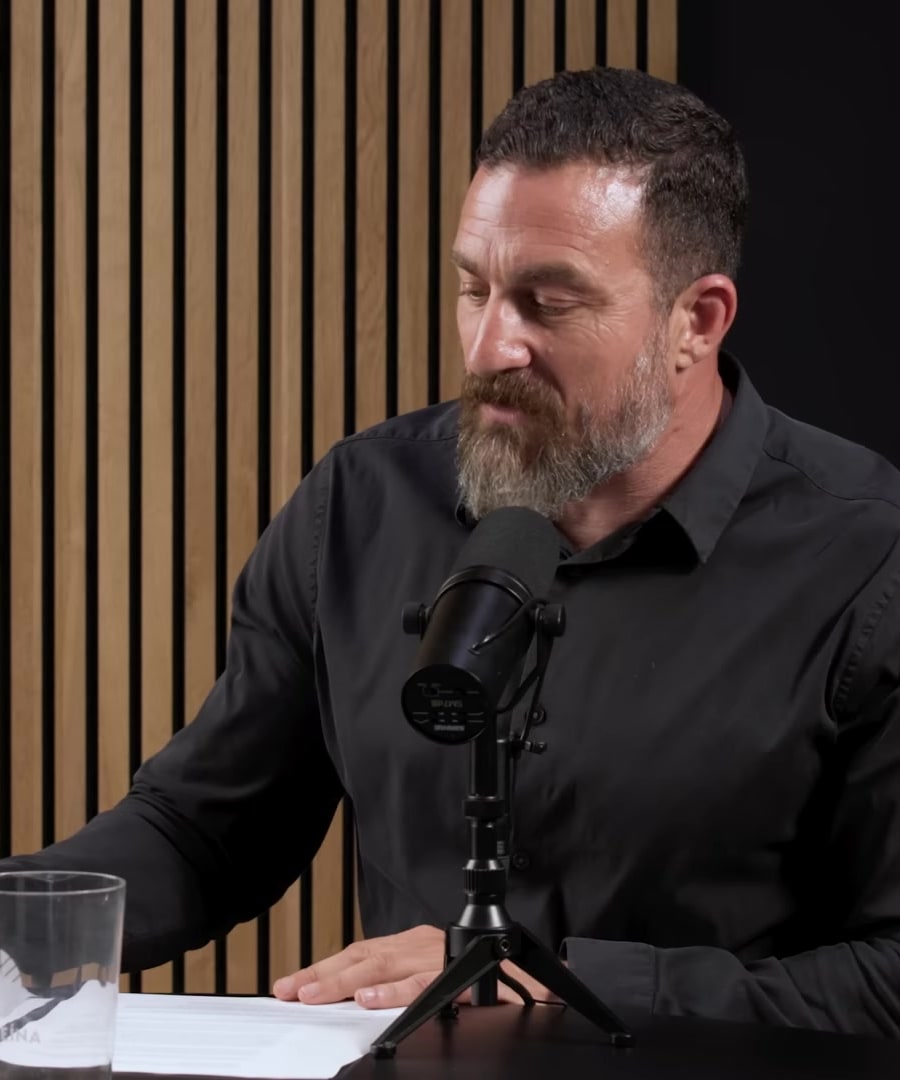is it bad for my health to smoke weed?
Sources:
Smoking weed has several documented negative health effects, as discussed by on the .
-
Mental Health and Cognitive Impairment: Chronic cannabis users may experience increased anxiety levels and are at a higher risk of developing psychosis. Cannabis can impair neural circuits, particularly affecting the prefrontal cortex, leading to reduced cognitive function and cortical thinning 1 2.
-
Endothelial Cell Damage: Smoking or vaping cannabis severely impairs the function of endothelial cells, affecting the capillaries and blood vessels. This can decrease cognitive capacity, increase the probability of strokes, impact lung function, lead to sexual dysfunction, and result in peripheral neuropathies 3.
-
Cardiovascular Issues: There may be a relationship between cannabis use and cardiovascular problems, such as higher frequencies of strokes and cardiac events. The vasodilatory effects of THC can cause tachycardia, putting strain on the heart and potentially unmasking underlying heart conditions 4 5.
-
Impact on Hormones: Chronic smoking of marijuana can reduce testosterone levels and increase estrogen conversion due to elevated aromatase enzymes 6.
Overall, while cannabis may offer short-term benefits like pain relief and reduced anxiety, the long-term health impacts, particularly from smoking or vaping, are significant. Careful consideration and moderation, along with methods other than smoking, are recommended to minimize these risks.
RELATED QUESTIONS-
is it better to take edibles?
Sources:
Taking edibles can be considered better than smoking weed in some aspects, but it also comes with its own set of challenges, as explained by and .
Advantages of Edibles
-
Reduced Lung Damage: Edibles avoid the negative effects of combustion products on the lungs, such as lung damage and potential emphysema. Smoking any substance, including cannabis, produces combustion products that can harm lung tissue 1.
-
Hormonal Effects: Edibles may have less impact on hormone levels. Smoking cannabis significantly increases prolactin, which can suppress dopamine and testosterone, especially with frequent use. Edibles appear to have less of a prolactin-elevating effect 2.
-
Controlled Dosage: Edibles can provide more precise dosing compared to smoking. Commercially available edibles often contain labeled doses of THC, allowing users to gauge their intake more accurately 3.
Challenges of Edibles
-
Delayed Onset: The effects of edibles take longer to manifest, often 30 to 90 minutes after ingestion. This delayed onset can lead individuals to consume more before the initial dose takes effect, which can result in overdosing and intense adverse experiences 4.
-
Stronger and Longer Effects: Edibles result in a prolonged presence of THC in the bloodstream, which can create more prolonged effects compared to smoking, where THC levels peak quickly and then drop 5.
-
Potential for Accidents: Edibles can pose a significant risk if accessed by children, as they may mistake them for regular candy. This has resulted in increased emergency room visits 6.
Conclusion
While edibles avoid lung damage and offer more controlled dosing, they require careful management to avoid overdosing due to their delayed effects. Smokers transitioning to edibles should adjust their dosage and be mindful of the onset time to prevent adverse reactions. Always store edibles safely out of reach of children to prevent accidental ingestion.
RELATED QUESTIONS-
is it bad for my health to smoke weed?
- RELATED QUESTIONS
is it better to take edibles?
- RELATED QUESTIONS


